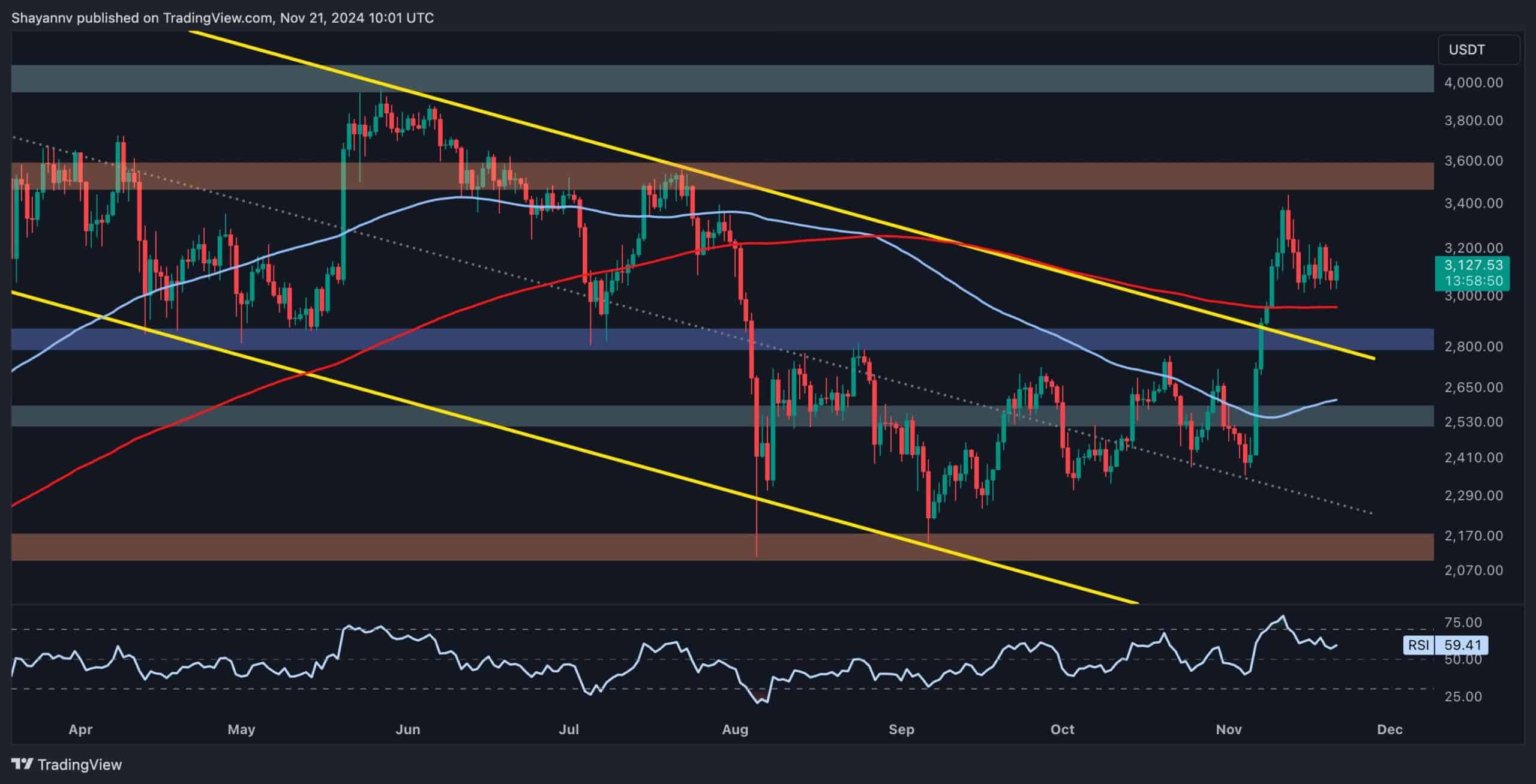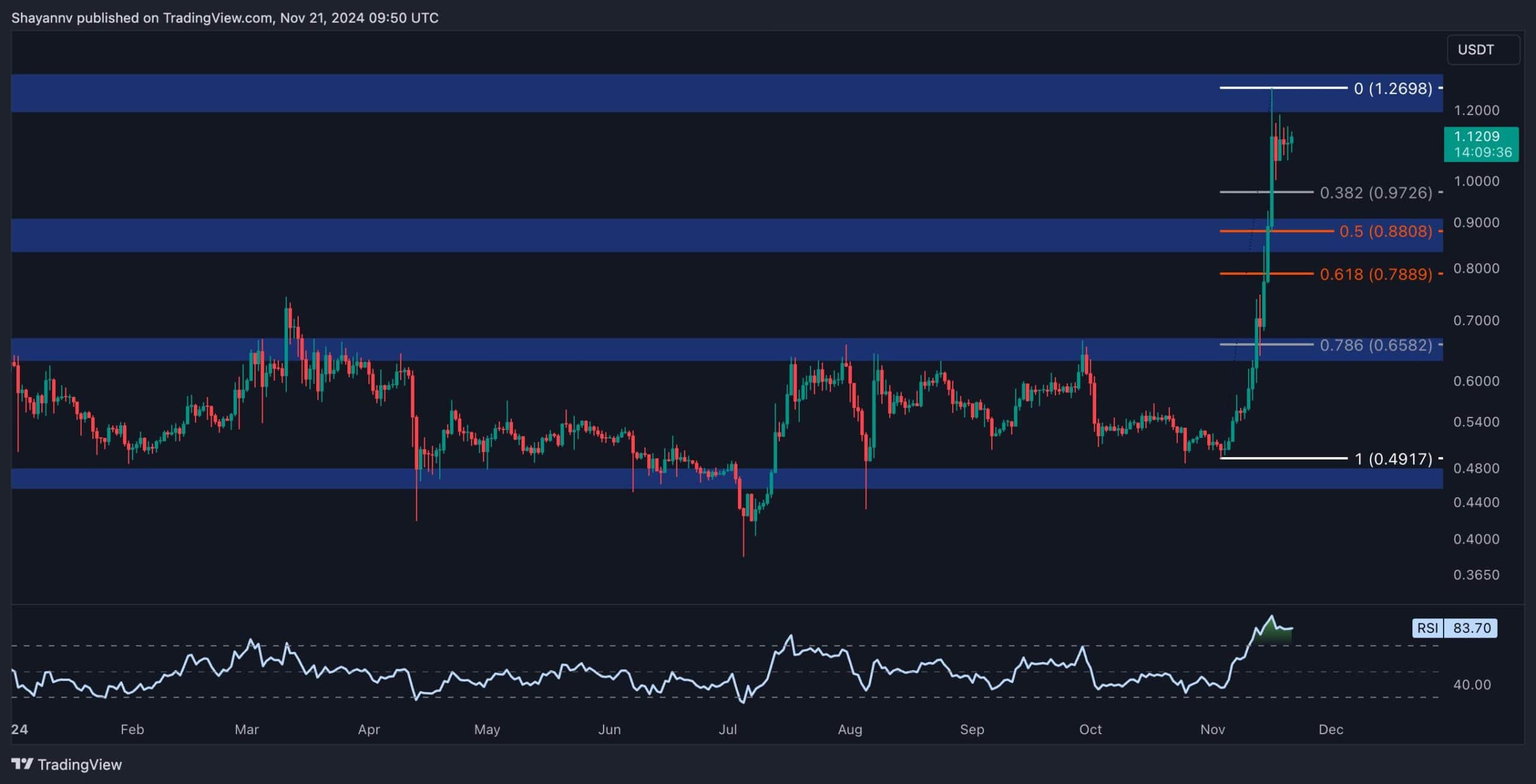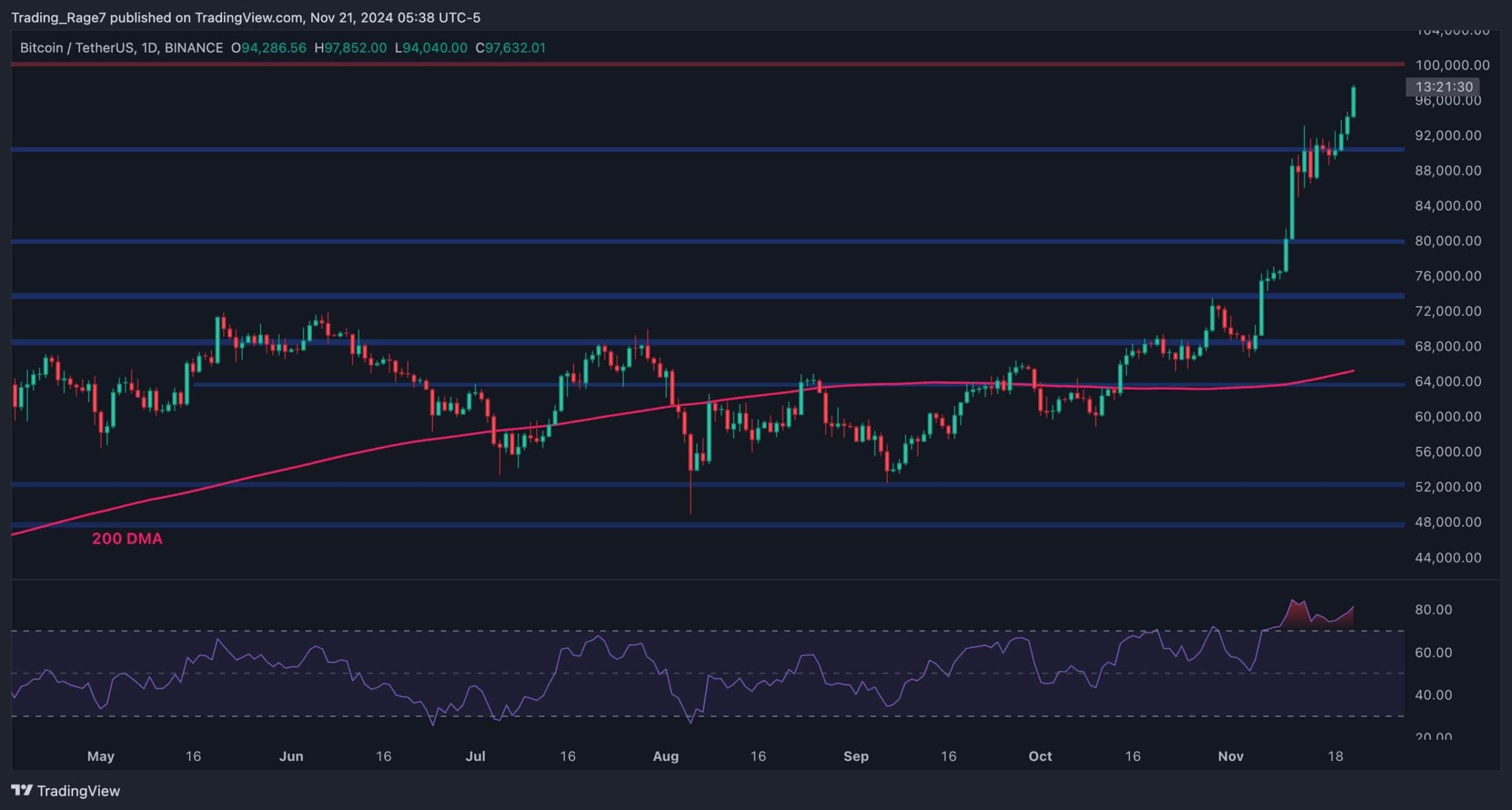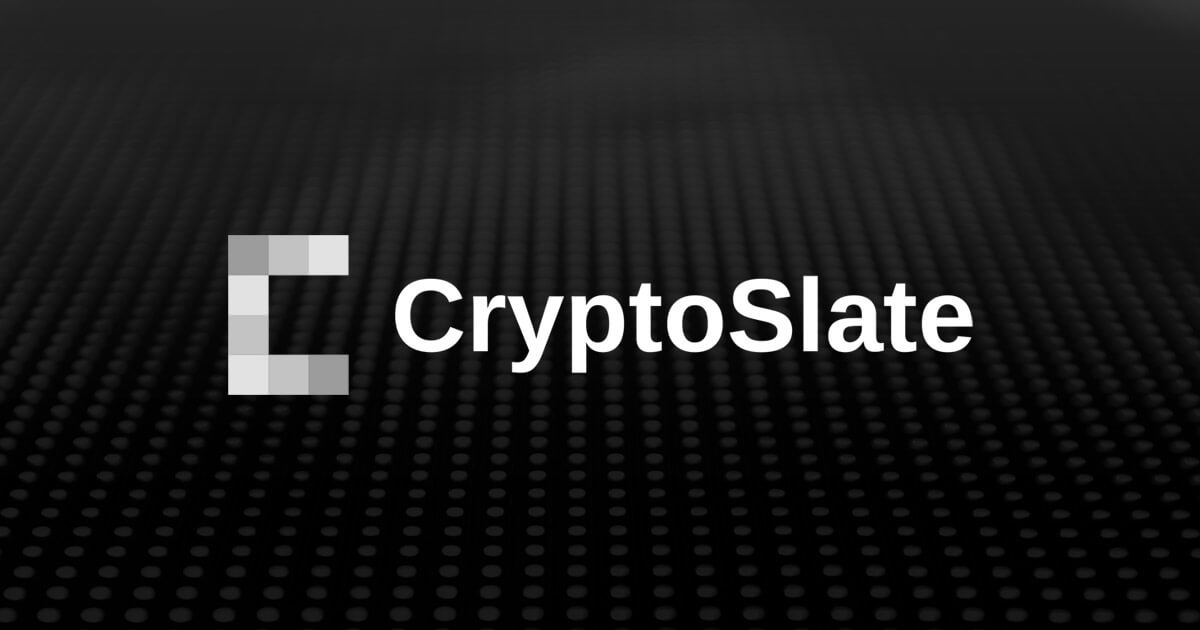 Fed Governor Waller questions CBDC utility for payments Gino Matos · 34 mins ago · 2 min read
Fed Governor Waller questions CBDC utility for payments Gino Matos · 34 mins ago · 2 min read
Christopher Waller highlighted the importance of market-driven solutions, stating that the public sector must remain supportive.

Cover art/illustration via CryptoSlate. Image includes combined content which may include AI-generated content.
Federal Reserve Governor Christopher Waller recently expressed skepticism about the need for a central bank digital currency (CBDC) in the US payment system
Waller made the comments during a speech at The Clearing House Annual Conference 2024 on Nov. 12, where he questioned whether the system has a problem that CBDCs could solve.
He stated:
“In a speech I gave in August 2021, I asked, what problem would a CBDC solve? In other words, what market failure or inefficiency demands this specific intervention? In more than three years, I have yet to hear a satisfactory answer as applied to CBDC.”
Waller advocated for market-driven solutions, highlighting the private sector’s benefits in fostering payment system innovation through competition.
He emphasized that the private sector, motivated by profit and competition, often makes better decisions when determining which technologies are worth investing in and which may fail to meet consumer needs.
He further stated that until a clear need is identified that the private sector cannot meet, the government’s role should remain supportive rather than directly competitive with private innovation in payments.
Anti-CBDC efforts
US lawmakers hold similar views as Waller and have generally opposed the idea of establishing a CBDC, primarily due to concerns around privacy and financial freedom.
The US House of Representatives passed the CBDC Anti-Surveillance State Act in May, preventing Federal Reserve banks from issuing digital currencies without Congress’s approval.
Patrick McHenry, the chairman of the House Financial Services Committee, supported the Act, officially known as H.R. 5403. He voiced his concerns about CBDCs being a tool for financial surveillance, mentioning China as an example.
The state of Louisiana has also pushed anti-CBDC legislation, with Governor Jeff Landry signing HB 488 in June to prohibit the creation of a state digital currency and prevent authorities from engaging with CBDC-related trials by the Fed.
Meanwhile, North Carolina’s state lawmakers overturned Governor Roy Cooper’s veto of a bill preventing the state from implementing a CBDC in September.


















 English (US) ·
English (US) ·